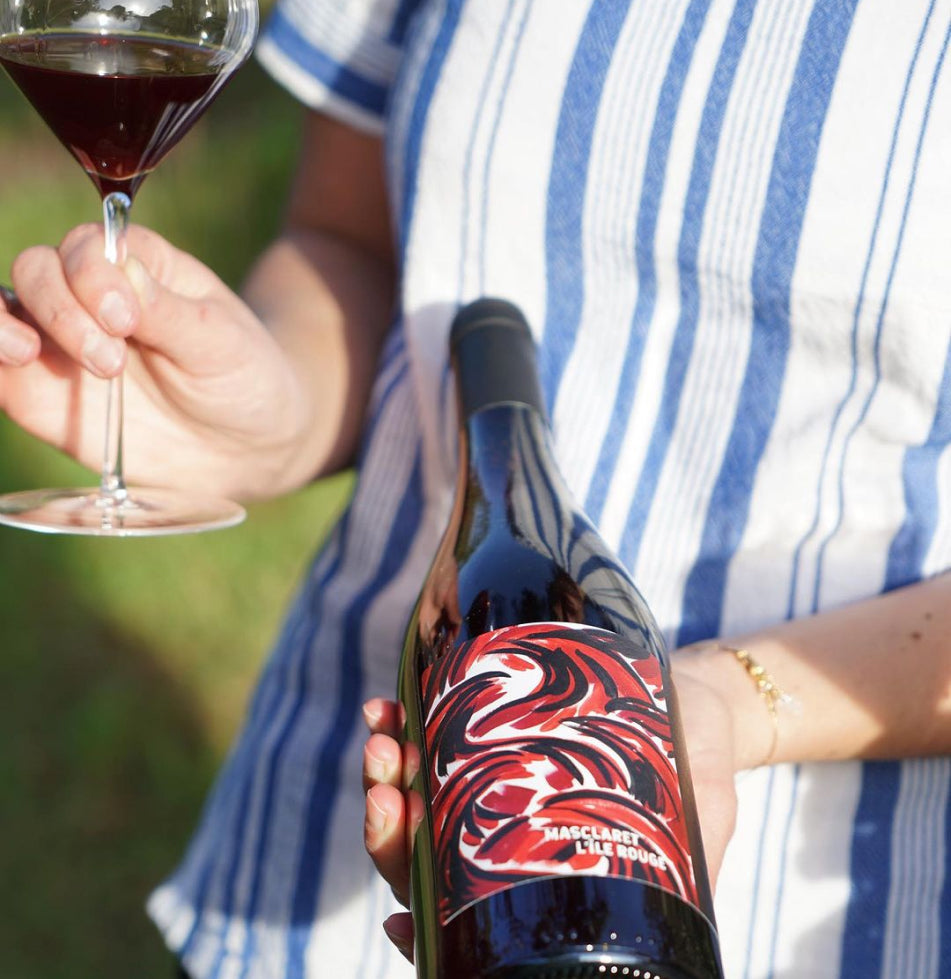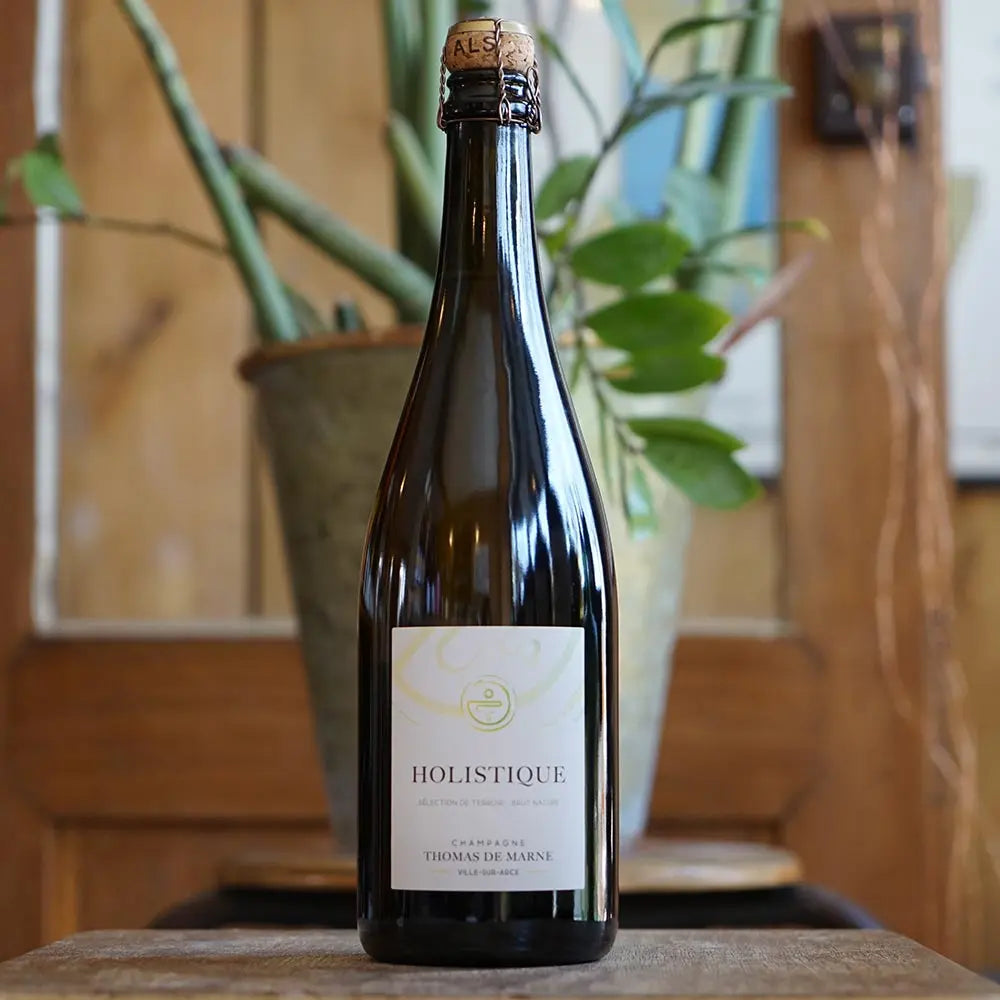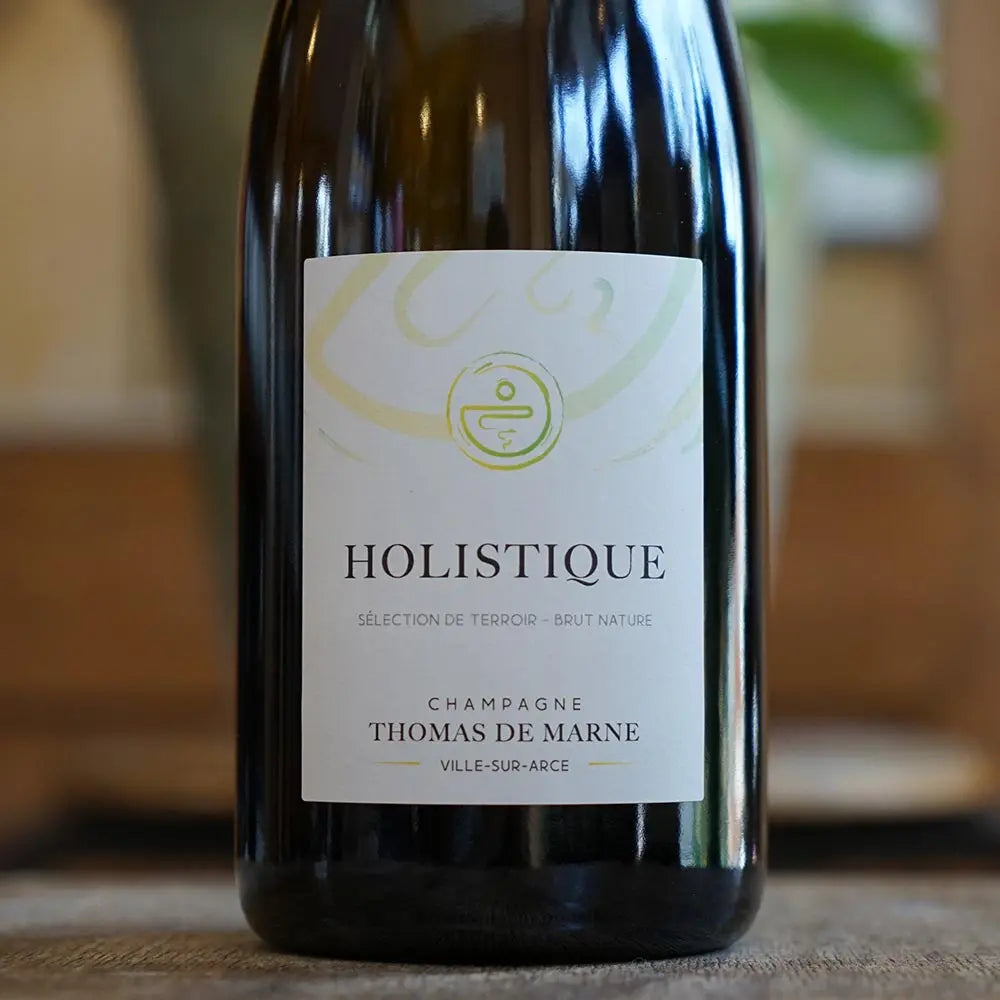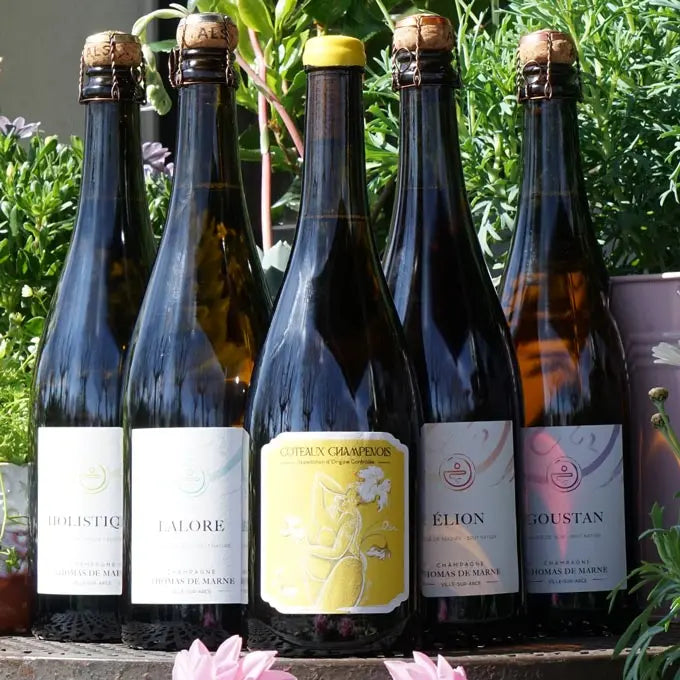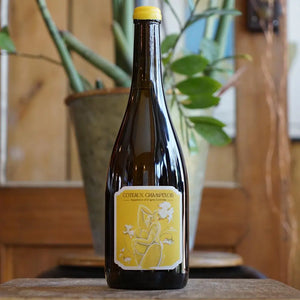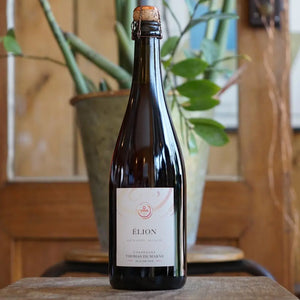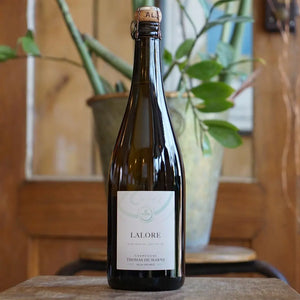There are a number of specifications corresponding to these designations. Although we often hear about sulphites, which are rightly accused of giving people a headache, many other products can be used in the composition of so-called conventional wines.
Here's an overview of the different organic, biodynamic and natural specifications:The organic specifications (AB label) ban all use of synthetic chemicals in the vines and in the cellar. It does, however, allow for a few oenological aids during vinification. Sulphites, for example, are tolerated up to 100 mg/L for red wines and 150 mg/L for whites.biodynamic winemakers (Demeter or Biodyvin label) not only work without synthetic chemicals, but also take into account the lunar calendar for all the operations they carry out.
They also use biodynamic preparations (fermented horn dung, silica, plant teas, etc.) to strengthen the vines. Overall, the winegrower seeks to integrate the cultivation of the vine into a global environment. Sulphites can be as low as 70 mg/L for reds and 90 mg/L for whites. For natural wines (Vin Méthode Nature label), the specifications specify the use of organic grapes, fermented naturally using indigenous yeasts (as in biodynamic viticulture). No inputs are used in natural wines throughout the vinification and ageing process. Only minimal doses of SO2 are permitted (30 mg/L maximum), and these must be specified by the winemaker. No brutal filtration or alteration techniques are permitted. We also find the Vins SAINS designation, which aims to ban the use of sulphites altogether.
